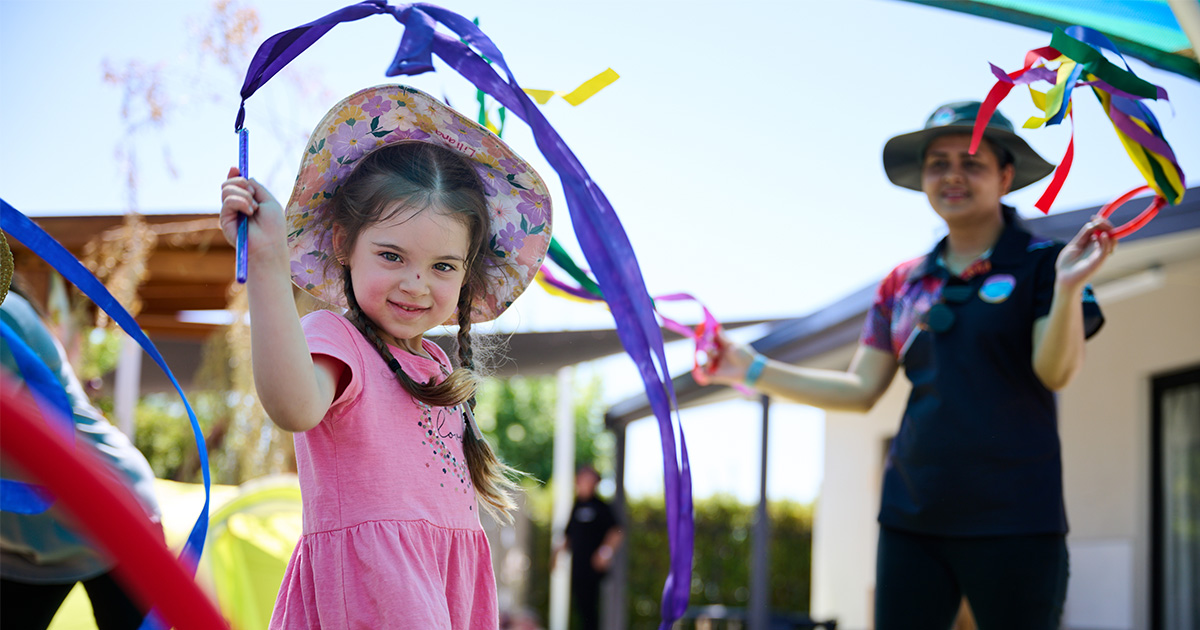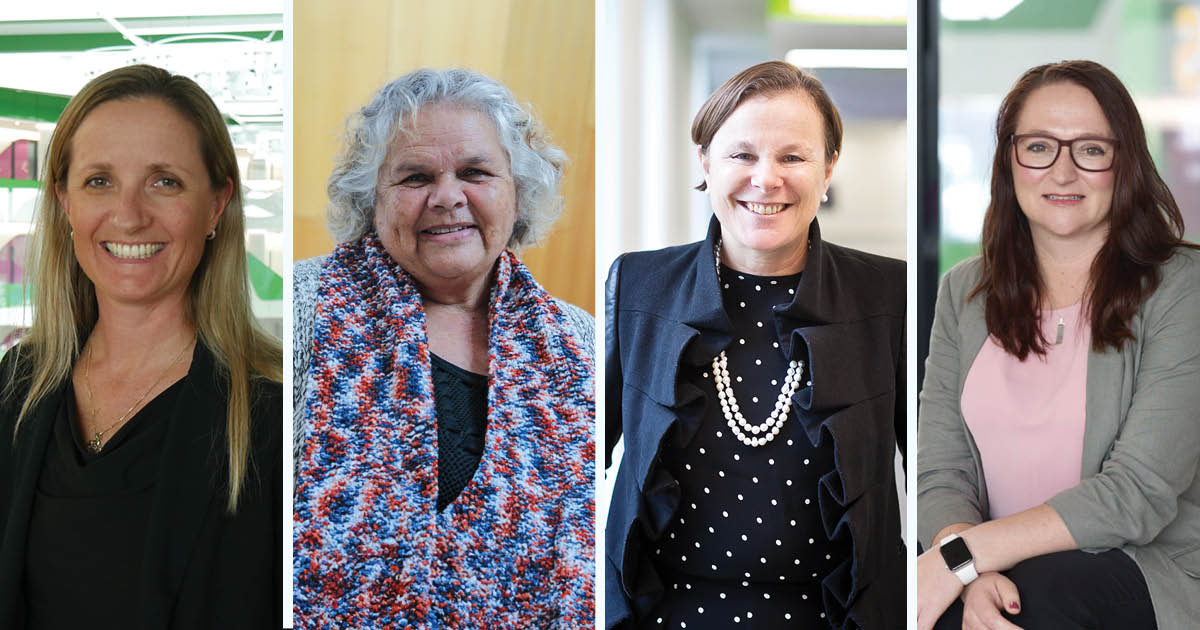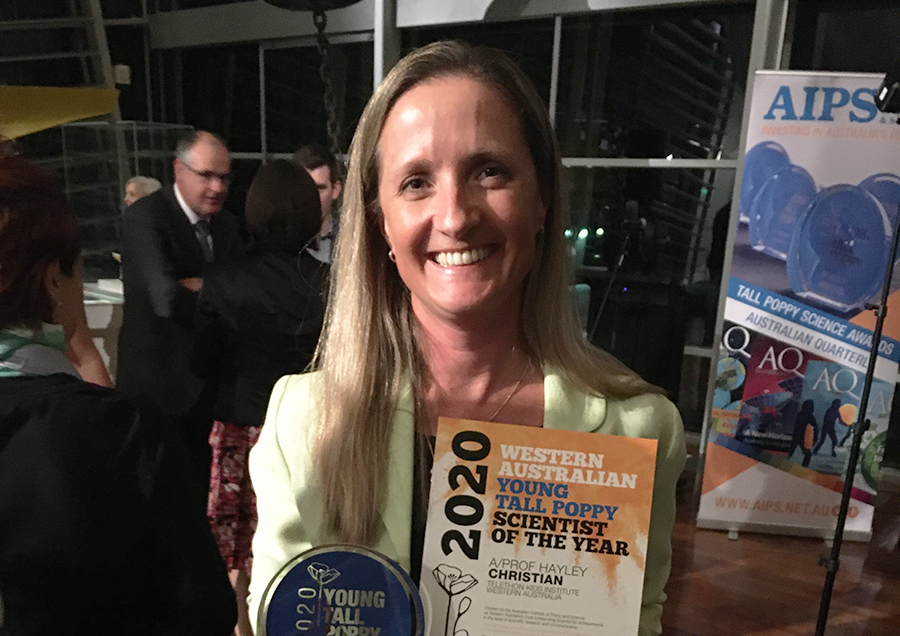Search
Research
Physical activity interventions for the promotion of mental health outcomes in at-risk children and adolescents: a systematic reviewMany young people are exposed to risk factors that increase their risk of mental illness. Physical activity provision is an increasingly popular approach to protect against mental illness in the face of these risk factors. We examined the effectiveness of physical activity interventions for the promotion of mental health outcomes in at-risk children and adolescents.
Research
Neighbourhood walkability and body mass index in children: Evidence from the Millennium Cohort Study in WalesOverweight and obesity in children continues to increase. Yet, the role of active transport, namely walking, in mitigating these trends remains unclear. This study examined the cross-sectional association between walkability and children's Body Mass Index (BMI) and how this varies by socio-economic and lifestyle characteristics.
Research
Thriving families: The feasibility and preliminary efficacy of a multi-component physical literacy program for children with neurodevelopmental, emotional, or behavioural problemsChildren with neurodevelopmental, emotional, or behavioural challenges participate in lower levels of physical activity (PA) and subsequently have poorer physical and mental health outcomes. We sought to determine the feasibility and preliminary efficacy of a multi-component physical literacy program for children with neurodevelopmental, emotional, or behavioural challenges.

News & Events
New national trial leverages childcare to boost physical activity in young Aussie kidsMore than 80,000 Australian children are expected to benefit as 700 childcare centres across the country trial a new program aimed at boosting declining physical activity levels.
Research
Eating and exercise experiences of Australian trans and gender diverse folks: lived experience and stakeholder perspectivesTrans individuals face elevated health risks and socio-environmental challenges, influencing their engagement in health-protective behaviors (e.g. exercise and nutrition). Despite these challenges, there is a significant gap in understanding the specific eating and exercise experiences of Australian trans adults, including barriers to healthy behaviors and healthcare experiences. This study aims to address this gap by exploring these experiences, informing targeted interventions and healthcare practices to improve health outcomes.
Research
Barriers and enablers to promoting grandchildren’s physical activity and reducing screen time: a qualitative study with Australian grandparentsWith an increasing number of grandparents providing care to their grandchildren, calls have been made for these caregivers to be considered important stakeholders in encouraging children's engagement in health-promoting behaviors, such as physical activity.
Research
More People, More Active, More Often for Heart Health - Taking Action on Physical ActivityPhysical inactivity is a leading contributor to increased cardiovascular morbidity and mortality. Almost 500 million new cases of preventable noncommunicable diseases (NCDs) will occur globally between 2020 and 2030 due to physical inactivity, costing just over US$300 billion, or around US$ 27 billion annually (WHO 2022). Active adults can achieve a reduction of up to 35% in risk of death from cardiovascular disease.

News & Events
Australia Day Honours for researchers and esteemed ElderFour outstanding members of The Kids Research Institute Australia family – three researchers and an Aboriginal Elder co-researcher – have been named in the Australia Day Honours List for their outstanding service to research and the community.

News & Events
The Kids researcher takes out top prize at 2020 WA Tall Poppy Science AwardsThe Kids Research Institute Australia and University of Western Australia physical activity researcher Hayley Christian has been named Young Tall Poppy Scientist of the Year at the 2020 WA Young Tall Poppy Science Awards.
Research
Investigating the Feasibility and Acceptability of a Facebook Delivered, Parent Mediated, Physical Activity Intervention for Children with Developmental Coordination DisorderChildren with Developmental Coordination Disorder (DCD) experience difficulties performing fundamental movement skills, resulting in reduced physical activity (PA). Given low PA can impact mental and physical health, improving PA in DCD appears imperative. This study investigates the feasibility of a Facebook delivered, parent mediated, PA intervention for children with DCD.
